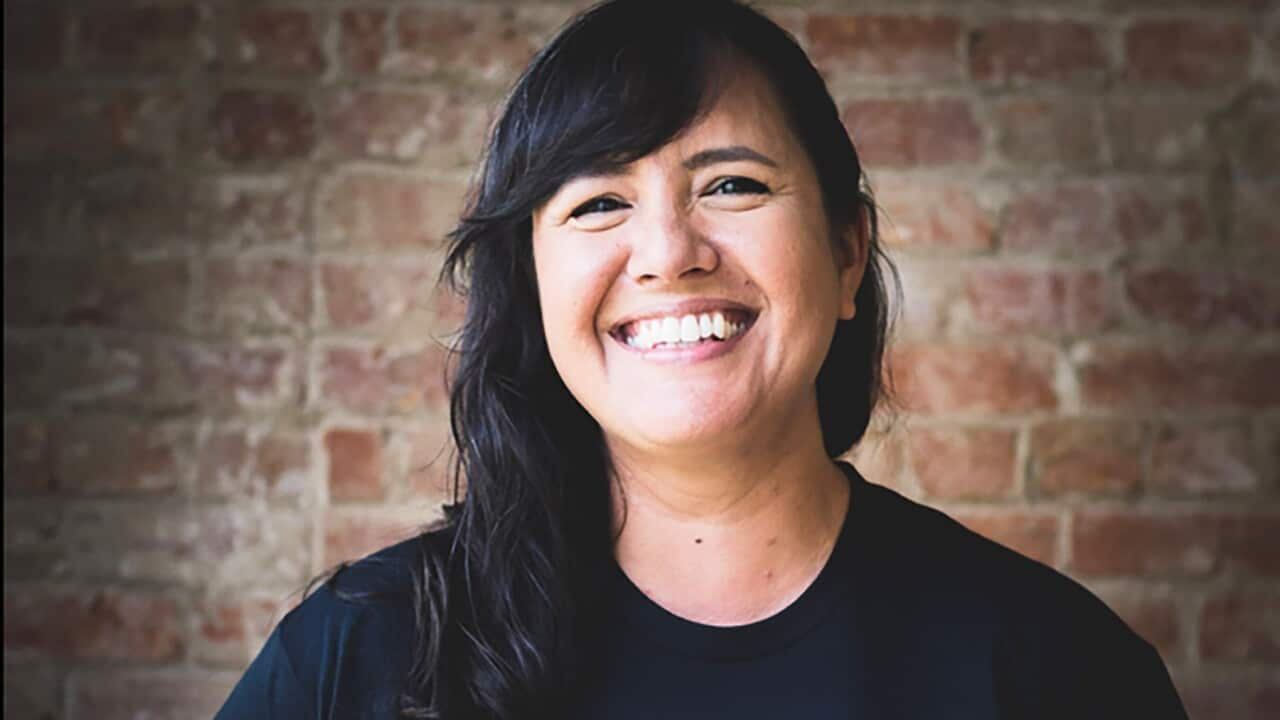TRANSCRIPT
"Calls for the compliance with international humanitarian law are not being heard. We have seen over this last year aid workers killed, wounded or kidnapped in conflicts across the world."
That's Australia's Foreign Minister Penny Wong, looking for a way to protect aid workers after the deadliest year on record - with 280 deaths across 33 countries in 2023.
And 2024 is on track to be worse.
Hundreds of people providing food, water and medicine have been killed since the start of the conflict in Gaza.
Australian Zomi Frankcom, alongside six colleagues from the World Central Kitchen, was killed by an Israeli drone strike this year.
“Gaza is the most dangerous place on earth to be an aid worker. We, today, collectively want to ensure that their deaths are not in vain, and we want to ensure that the deaths do not continue. You cannot protect civilians if you don't protect aid workers who are providing civilians with food, water, medicine and all that they need to survive.”
Australia, alongside eight other countries, will form a Ministerial Group for the Protection of Humanitarian Personnel, and will look to create new Declaration for the Protection of Humanitarian Personnel.
The details are still to be worked out, but Senator Wong says it's intended to uphold international humanitarian law.
"It signifies that the rules and norms that are needed for the protection of humanitarian personnel are at risk, and the consequences for current and future conflicts are clear."
A move that's welcomed by Zomi's family in a statement.
“We support and appreciate this initiative to improve the protection of all aid workers around the world. We also wish for an immediate end to the blatant disregard for safety shown to aid workers and innocent civilians in the current conflict, but more so, a ceasefire and end to the current conflict.”
Targeting humanitarian workers is a war crime during conflict, and a crime against humanity outside warfare.
And there's an obligation for governments to take steps to protect aid workers in conflict.
But with death tolls rising year on year, there are concerns that the rules of war are not being respected.
Dr Helen Durham is an international humanitarian law expert, and Chief Executive of RedR, a humanitarian response agency that trains and deploys technical specialists.
She says the current laws are strong, but are not consistently upheld.
"International humanitarian law is not failing per se*. It's clear, it's strong, but there does seem to be a lack of application and a lack of respect for that law which results in the attacks against either humanitarian workers or that they become consequences of other attacks."
International law is complex, often requiring cooperation between different countries to prosecute crimes, along with a significant investment of time and resources.
Challis Chair of International Law at the University of Sydney Professor Ben Saul says Australia has sent a statement by politically backing the issue.
"I think we need to do everything we can to raise the political and legal price of violating the existing law. And if Australia and other states can mobilize greater support from all countries around the world to take more seriously those protections for humanitarian workers, that can only be a good thing, it can also lead to potentially concrete improvements. If, for example, that political support translates into a willingness to investigate and prosecute war crimes against aid workers and therefore to deter future violations."
Dr Durham also welcomes the move from the Australian Government, which she says may help amplify existing international law.
"I think it's really an important step that the Australian Government is taking a leadership role in raising the issue of the need to protect humanitarian workers. I think if we move into the existing law and push for that to be further respected and implemented, and also come up with new, creative, and I would say, practical ways to increase the protection of humanitarian workers, it can only be an important global conversation that Australia should be part of."













